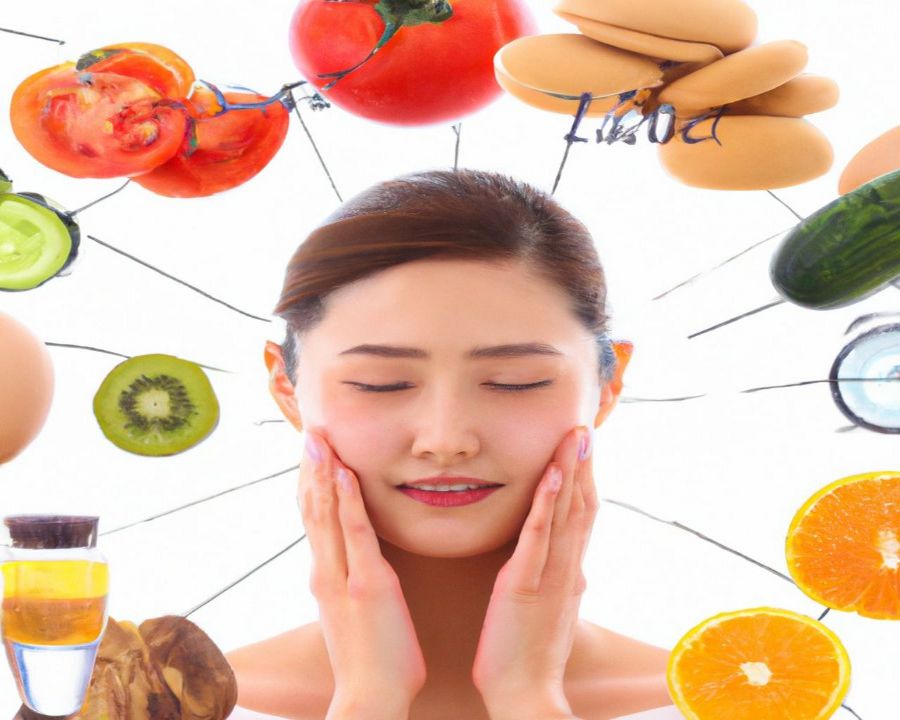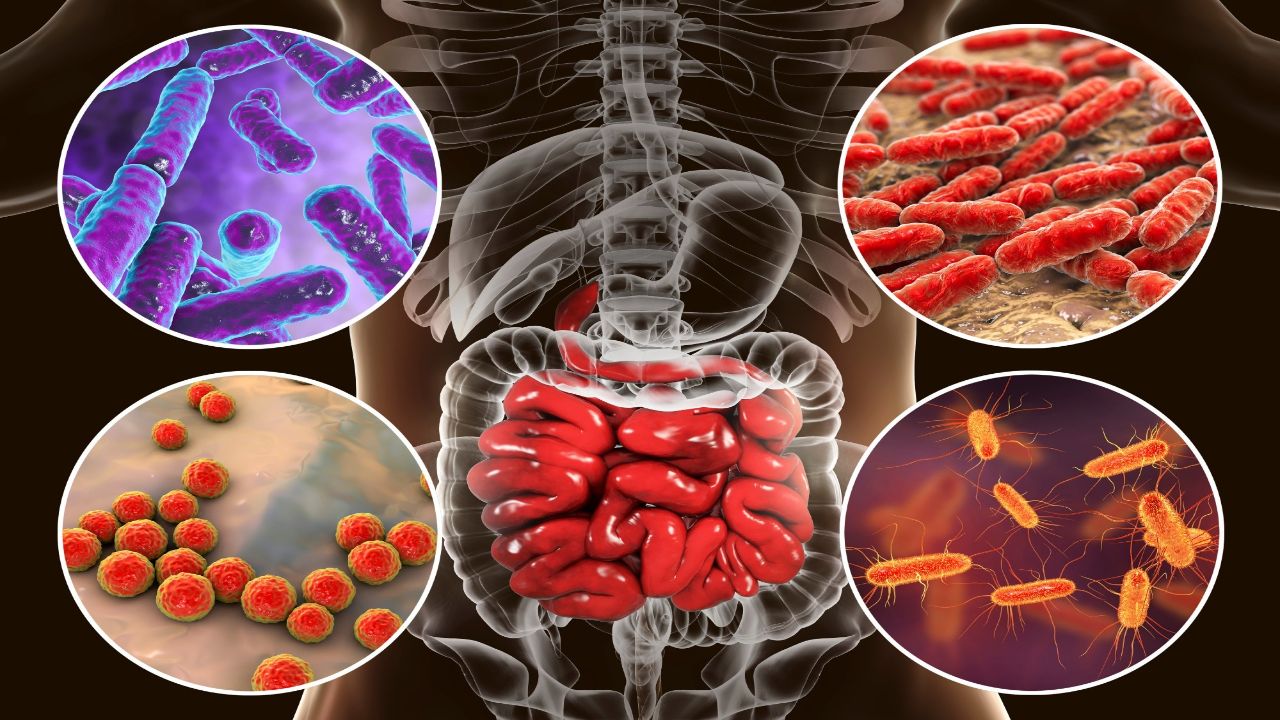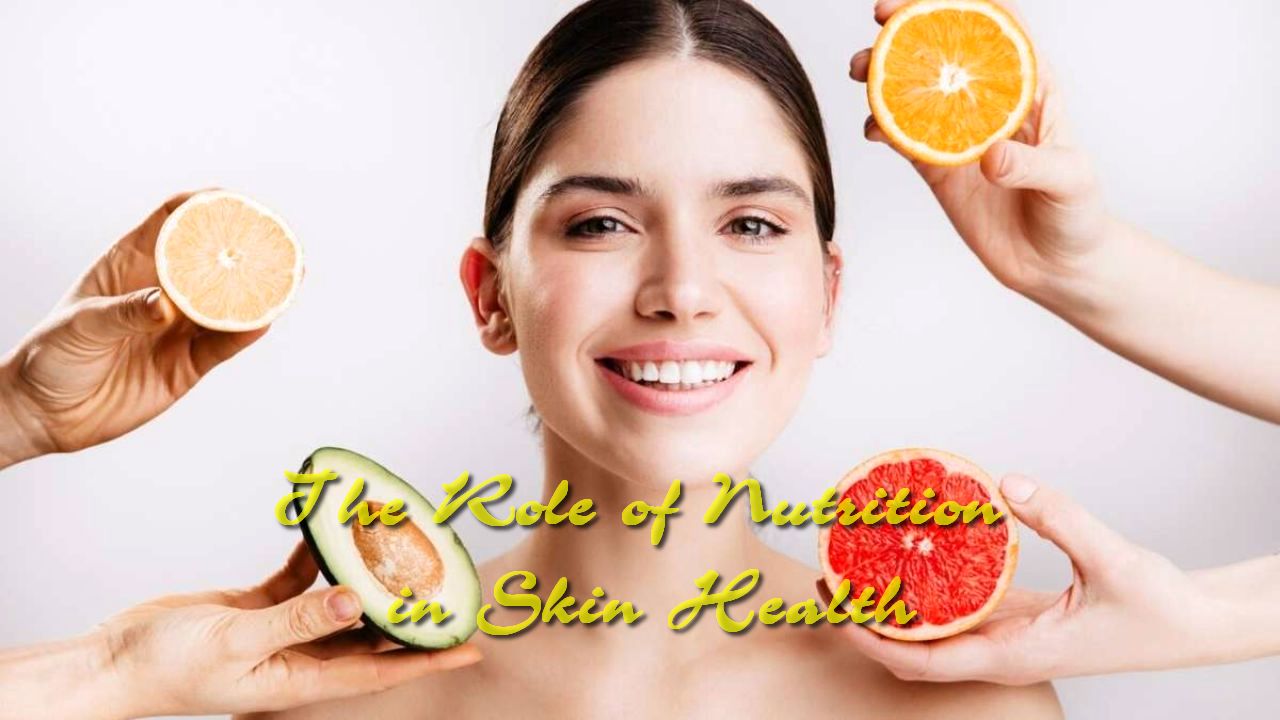The saying “you are what you eat” holds a lot of truth, especially when it comes to your skin. Nutrition plays a vital role in maintaining the health and vitality of your skin. This article will delve into the various aspects of how nutrition impacts skin health, providing a comprehensive understanding of this important topic.
The Connection Between Nutrition and Skin Health

Nutrition and skin health are intrinsically linked. The foods we consume can significantly impact the health, appearance, and aging of our skin. Of course, you can fix some skin issues with the help of professionals like those from Singapore laser treatment. However, nutrients from our diet provide the building blocks for the growth and repair of skin cells, protect the skin from environmental damage, and contribute to the skin’s natural glow. A balanced diet rich in essential nutrients can help maintain skin health, prevent skin problems, and slow down the signs of aging.
Moreover, certain foods can cause or exacerbate skin problems. For instance, foods high in sugar and unhealthy fats can lead to inflammation, which can trigger skin conditions like acne and eczema. Therefore, understanding the connection between nutrition and skin health can guide us in making dietary choices that support healthy skin.
Essential Nutrients for Skin Health
Certain nutrients are particularly beneficial for skin health. These include vitamins A, C, and E, which are powerful antioxidants that protect the skin from damage. Vitamin A helps maintain skin health by promoting cell growth and differentiation. Vitamin C plays a crucial role in collagen synthesis, which is vital for skin strength and elasticity. Vitamin E protects the skin from oxidative damage and helps keep it moisturized and healthy.
Omega-3 fatty acids, found in fatty fish, walnuts, and flaxseeds, are also essential for skin health. They help maintain the skin’s lipid barrier, which keeps the skin hydrated and protects it from harmful substances. Additionally, protein is necessary for the production of collagen and elastin, the proteins that give the skin its structure and elasticity.
Hydration and Skin Health

Hydration plays a crucial role in skin health. Water helps maintain the skin’s elasticity and suppleness. It also aids in detoxification, which can improve skin clarity and reduce breakouts. While drinking adequate water is important, eating foods with high water content, such as fruits and vegetables, can also contribute to skin hydration.
On the other hand, consuming too much alcohol or caffeine can dehydrate the skin, making it look dull and aged. Therefore, maintaining a balance and ensuring adequate hydration can significantly impact skin health.
Impact of Unhealthy Diet on Skin
An unhealthy diet can have adverse effects on the skin. Foods high in sugar and refined carbohydrates can cause spikes in blood sugar levels, leading to inflammation and skin aging. Similarly, consuming too much processed food, which often contains unhealthy fats and additives, can damage the skin over time.
Moreover, a diet lacking in essential nutrients can deprive the skin of the nourishment it needs to function properly, leading to problems like dryness, sensitivity, and premature aging. Therefore, a balanced, nutrient-rich diet is key to maintaining healthy skin.
Role of Gut Health in Skin Health

Emerging research suggests a strong link between gut health and skin health. A healthy gut can contribute to healthy skin by improving digestion and absorption of nutrients, regulating inflammation, and supporting the body’s natural detoxification processes.
Probiotics, found in fermented foods like yogurt and kimchi, can help maintain a healthy gut microbiome, which in turn can benefit the skin. On the other hand, an unhealthy gut can lead to skin problems like acne, eczema, and rosacea.
Personalized Nutrition for Skin Health
Just like skincare, nutrition for skin health is not one-size-fits-all. Different people might have different nutritional needs based on their skin type, lifestyle, and specific skin concerns. For instance, someone with dry skin might benefit from consuming more omega-3 fatty acids, while someone with acne-prone skin might need to avoid certain trigger foods.
Therefore, personalized nutrition, guided by a healthcare professional or a registered dietitian, can be an effective approach to improving skin health. It can help individuals make dietary choices that support their specific skin health needs and goals.
Nutrition plays a pivotal role in skin health, influencing the skin’s appearance, aging, and susceptibility to skin problems. By understanding the role of nutrition in skin health, we can make informed dietary choices that nourish our skin from within. Remember, healthy skin is a reflection of overall wellness, and a balanced, nutrient-rich diet is a key component of that wellness.





